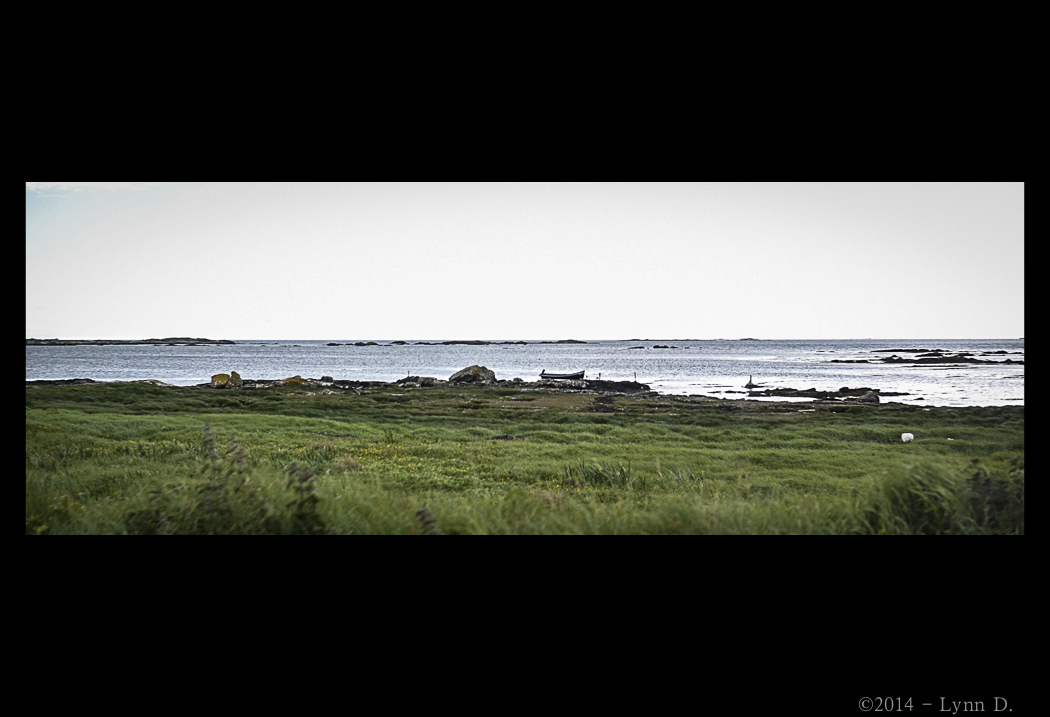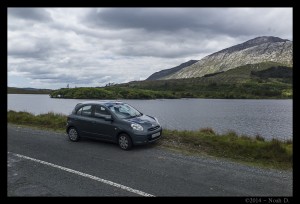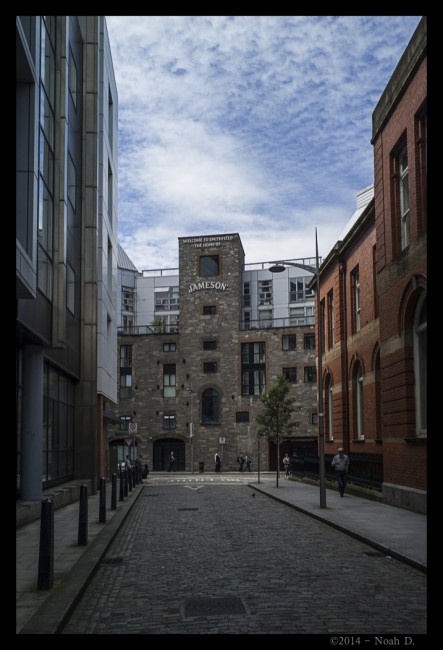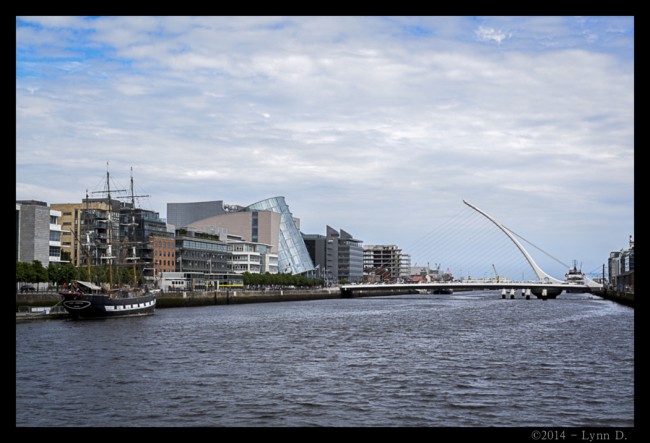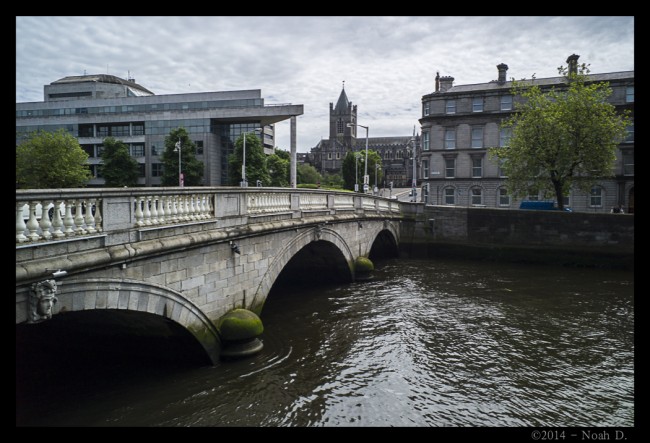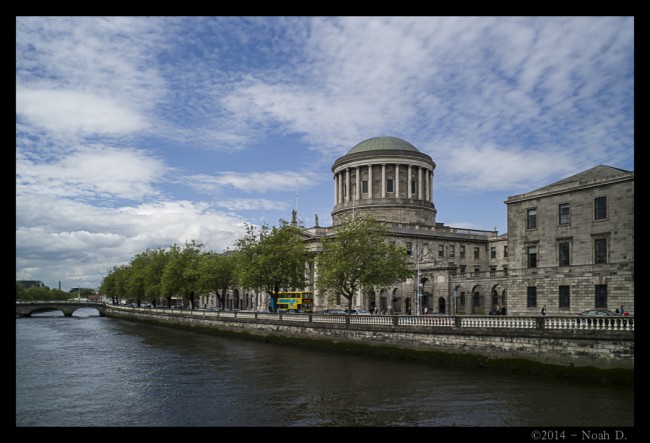Deprecated: Function create_function() is deprecated in /hermes/walnacweb05/walnacweb05an/b419/moo.haonavy/curiosity/wp-content/plugins/wp-spamshield/wp-spamshield.php on line 1958
One question – among many – that is easy to misunderstand with international law and diplomacy is the Schengen Visa system implemented in Europe. For people from the USA who have ever traveled for a few days or weeks at a time, this is not a problem. Most people never even come close to 90 days in one region other than their own home. But for those of us who have floating homes and spend significant amounts of time abroad, visas are a huge issue.

The Schengen Visa is an agreement among most of the European Union to allow “borderless” travel. This means, for instance, you can drive from Germany into France and you’ll see no more than a road sign that says “Welcome to Germany”… no border or passport checks. This is also pretty awesome for cruising around the Schengen Area. It makes checking in and out of countries easy and relaxed as long as you’re within that 90-day window.
However, there are a LOT of misconceptions about what happens when this 90-day clock starts to run out.
The newest wording of the agreement stands thusly (as of October 2013):
“The maximum duration of authorized stay is defined as 90 days in ANY 180-day period.”
The technical calculation of “90 days in ANY 180 day period” is explained like this, taken word for word from the European Commission Schengen handbook, AND restated to me by a Portuguese immigration officer:
“The notion of ANY implies the application of a ‘moving’ 180-day reference period, looking backward at each day of the stay (be it at the entry or at the day of an actual check), into the last 180-day period, in order to verify if the 90-day/180-day requirement continues to be fulfilled.”
In other terms, there is a rolling 180 day period starting from any day to 180 days back. A non-EU, non-Schengen citizen may only stay in the Schengen area with a “Short Stay Visa” (the normal passport stamp) 90 days during that period.
To explain further: say you are on your first day of staying in the Schengen Area, you just got your passport stamped. You have stayed 1 day in any 180 day period. Day One, looking 180 days back. Then you stay 90 days, and on that day, you leave (not on day 91, that would be overstaying). The next day is day 91 of that 180 day period. On the 181st day, the day you would be eligible to return, the counter does not reset! If you return on day 181, that 180 days is still rolling, but now you’re ticking off time from that first 90 days, meaning you can spend another 90 days. In this situation, the counter would always remain at 90, technically subtracting one and adding one every day.
The important thing to remember is that the days roll on: always 180 days back from the day you are on.
One factor that is commonly misunderstood is that some people believe there is some way to simply “reset” the Schengen Visa clock. Like, go out somewhere, get a stamp, and come back in and the clock resets? Let me restate something that I think people misunderstand:
THERE IS NO SUCH THING AS “RESETTING” A SCHENGEN VISA.
It doesn’t exist. You cannot just leave and come back in and you get another 90 days.
There is only one way to legally stay in the Schengen Area after your 90 day time is up: an official long-stay visa from a Schengen member state would technically supersede the 90-day stamp. But, this process is not easy. It requires a lengthy and relatively expensive application process and almost always includes an interview at the embassy of a Schengen state.
I say “only one way to legally stay in the Schengen Area” but there is one alternative: the Portuguese Extension.
The Portuguese Option
Now, Portugal is a different matter. Yes, it is in the Schengen Area, but they have maintained a simplified visa extension system. It is possible only in Portugal (for the moment), but it requires a rather elaborate process. I have personally talked to one of the officers in charge of making the decision for such visas, and this officer explained that the deciding factor is usually based on need or extenuating circumstances.
 I asked this immigration officer: “So, being stuck in Portugal in order to avoid hurricane season?” Their answer, although noticeably noncommittal: “This person would have a good chance to be given an extension.” I asked: “So, if someone just wanted to cruise around another season?” Their answer (after a sigh): “Every other factor would have to be exactly right…” (Referring to the extensive visa application process that includes proof of funds, background check, and etc, etc.)
I asked this immigration officer: “So, being stuck in Portugal in order to avoid hurricane season?” Their answer, although noticeably noncommittal: “This person would have a good chance to be given an extension.” I asked: “So, if someone just wanted to cruise around another season?” Their answer (after a sigh): “Every other factor would have to be exactly right…” (Referring to the extensive visa application process that includes proof of funds, background check, and etc, etc.)
At the time the visa extension is normally used for one or two 30-day extensions, but I’m not aware of – nor was my immigration contact – any cruisers who have tried to get three extensions. I mean, Portugal isn’t really that big, guys!
But, keep in mind, this particular visa extension gained in Portugal is NOT a Schengen Visa extension for the Schengen Area: the extension is for Portugal ONLY. If you are caught outside of Portugal with the Portugal extension, you will be in violation of the 90-day Schengen Visa.
So, how do you keep cruising after your 90-day in any 180-day is up? The Schengen Exile.
The Schengen Exile
Here’s how we dealt with our Schengen Exile:
We sailed from Ireland (outside Schengen) to France (in Schengen). We entered the Schengen Area in Brest, France. In Brest, we made certain we got our stamp into the Schengen Area stamped in our passports. We sailed down from France, Spain, Portugal, and Spain again. At the end of this time, we were getting pretty close to our 90-day limit, something like 83 days in the Schengen Area.
Then, we came to Gibraltar. (Gibraltar is the same as the UK: six months Visa-free for USA citizens.) We arrived to Gibraltar, and we had to go to the Frontier to have our into Gibraltar stamps put in our passports. This stopped the Schengen Visa clock with one week to go. So, now, we have to stay outside the Schengen Area for 90 days (technically, 90 minus one week because we were one week early). We are staying in Gibraltar for that entire period. (Maybe we bounce down to Morocco a time or two for a little variety, because it is outside Schengen Area, of course.) At the end of our “Schengen exile” we will be able to re-enter the Schengen area by getting a new Schengen Visa stamp in the passport. This will allow another 90 days of time.
Remember that 180 days rolling? We were in 83 days, then we stayed out 90. When we re-enter the Schengen Area, we will be chipping away at that time all the way back in March when we first came to France. And, we’re on our way to the USA, so we only need about 45 days of our second 90 day period to get out of the Canary Islands.
Conclusion
Confused much? Yeah, this stuff is thick. International law is really really complicated, but after looking at this stuff for years and years now, it actually does make sense. At least, it makes sense enough to know how to stay out of trouble.
The moral of the story is just don’t push it. Don’t try to outsmart the system just for a little fun or extra sailing time. The Schengen rules and enforcement of them are quite serious. It can mean your passport could get flagged at borders and denied entry. Some places will literally stamp a big “OVERSTAY” in your passport. The fines are serious. And/or you could be arrested and/or your boat impounded until it all gets straightened out!
Now, I suppose I should state that legal thing where I say, “I’m not a lawyer, so take this at your own risk.” I do hope it helps someone who is confused about how the Schengen Visa system works. And I hope that it will avoid some people getting in trouble in the future!
PS: The Schengen Visa a completely different situation from the EU VAT tax clock. That has nothing to do with you as a person, that has to do with your boat. For people who are interested in that, I can answer a few of those questions, too – email me. We don’t deal with it much because our EU VAT tax is paid. There is a fairly clear explanation here over at Noonsite. Their explanation of the Schengen Visa on the same page is slightly outdated, but it is accurate (practically speaking).

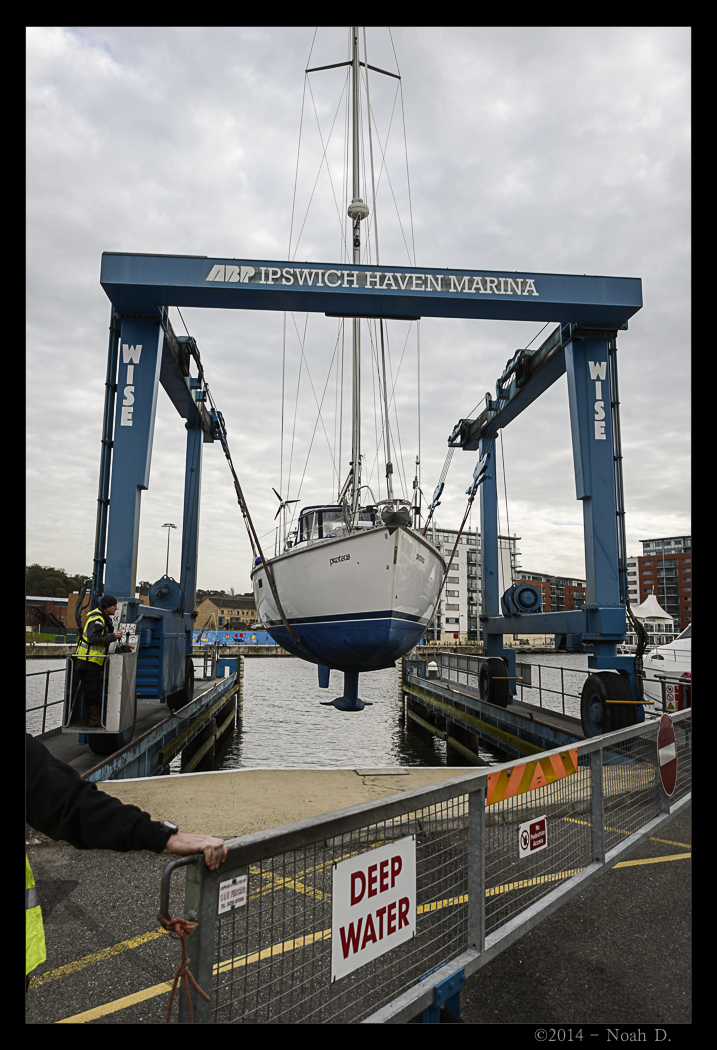

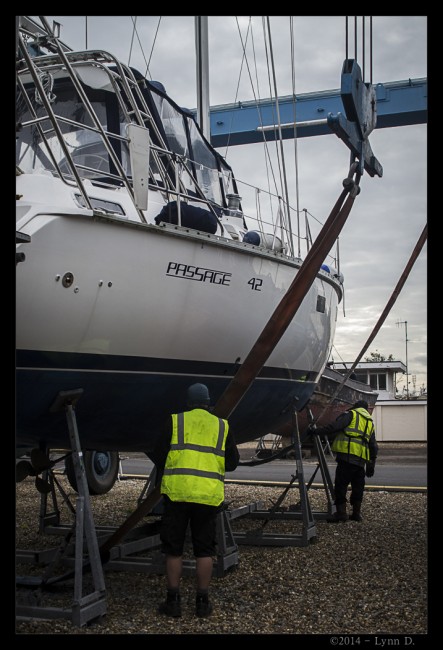
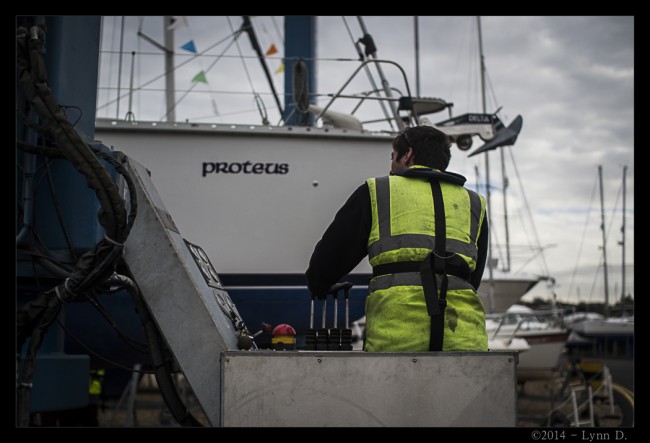
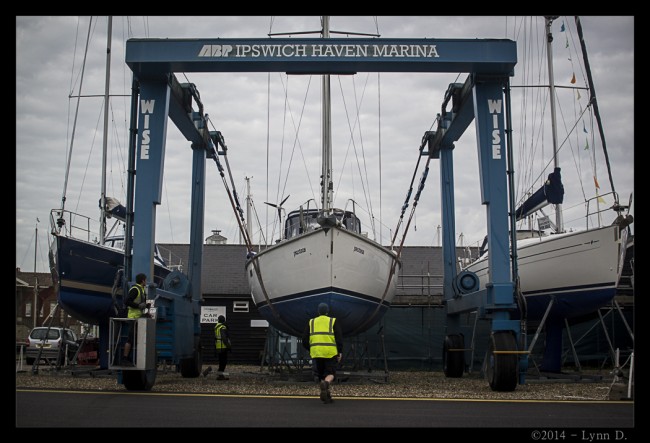
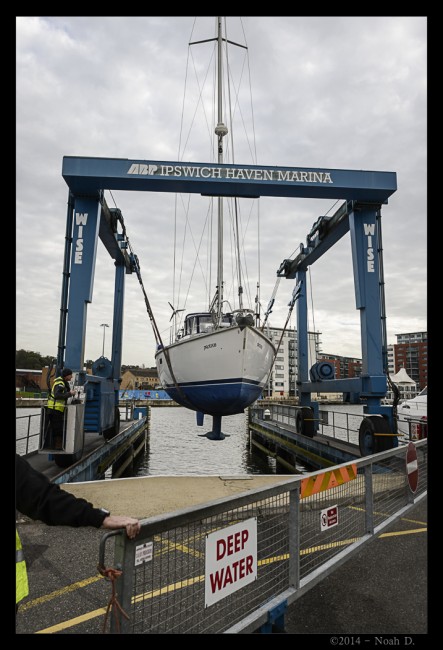
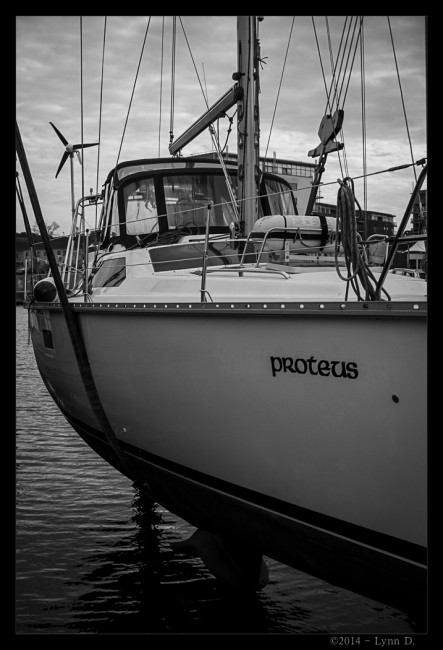
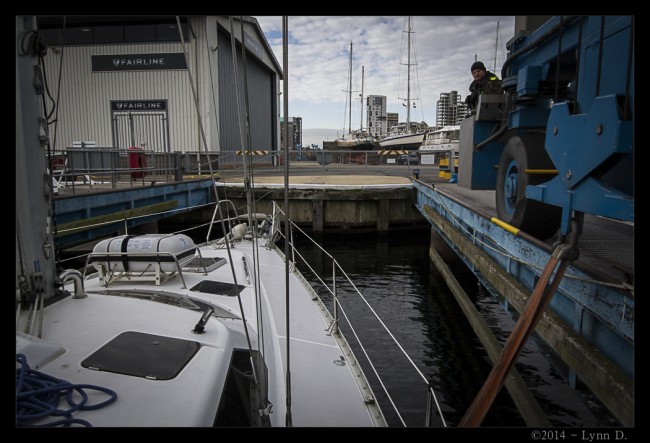
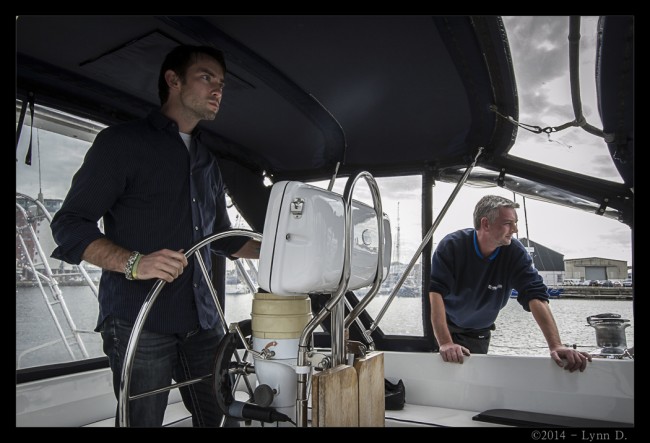
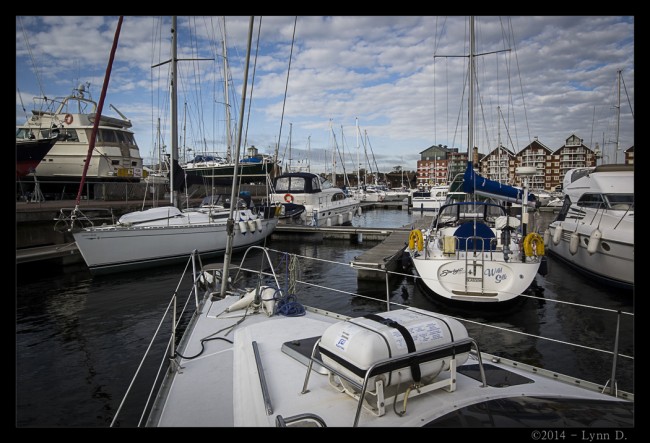
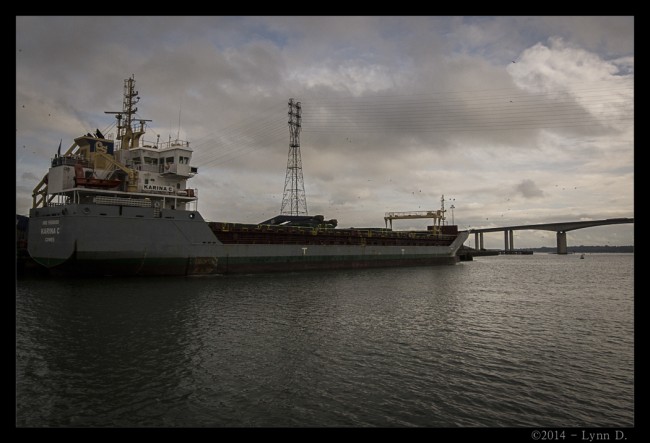
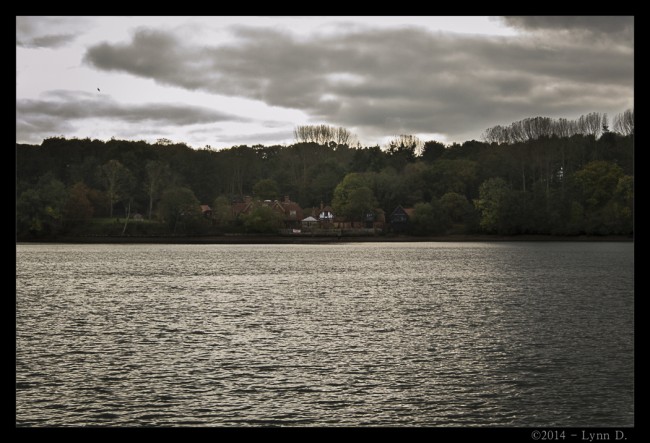
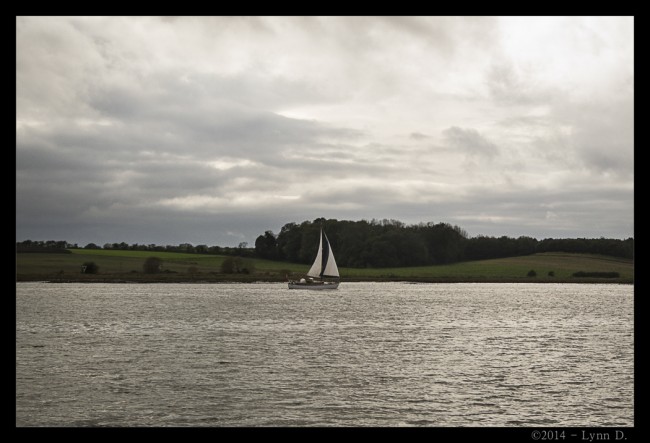
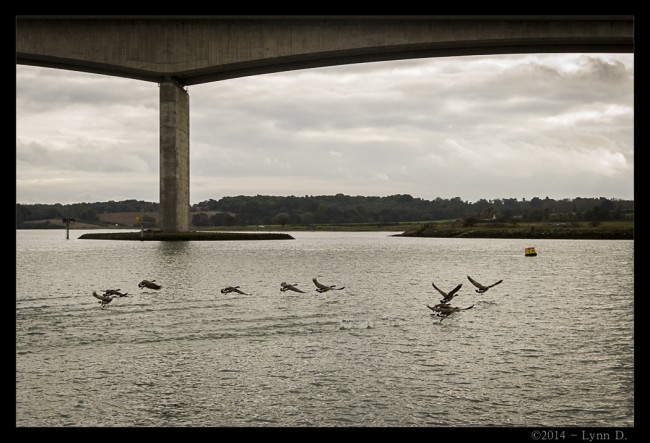
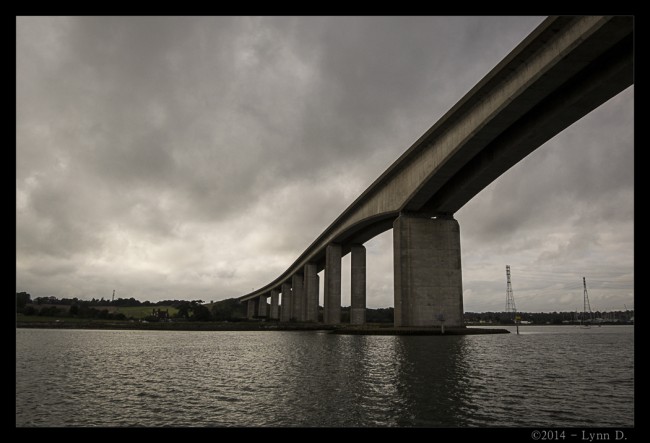
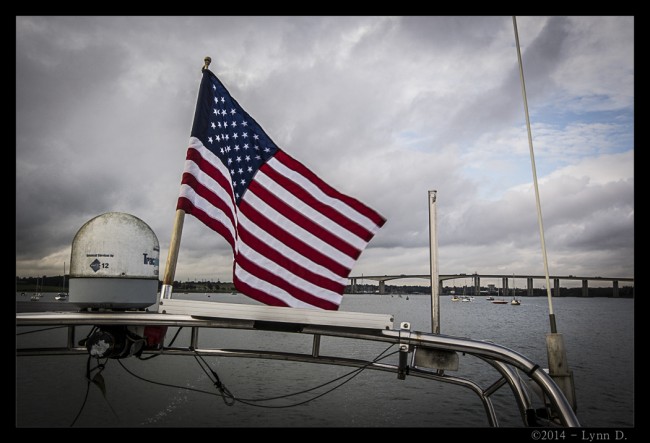
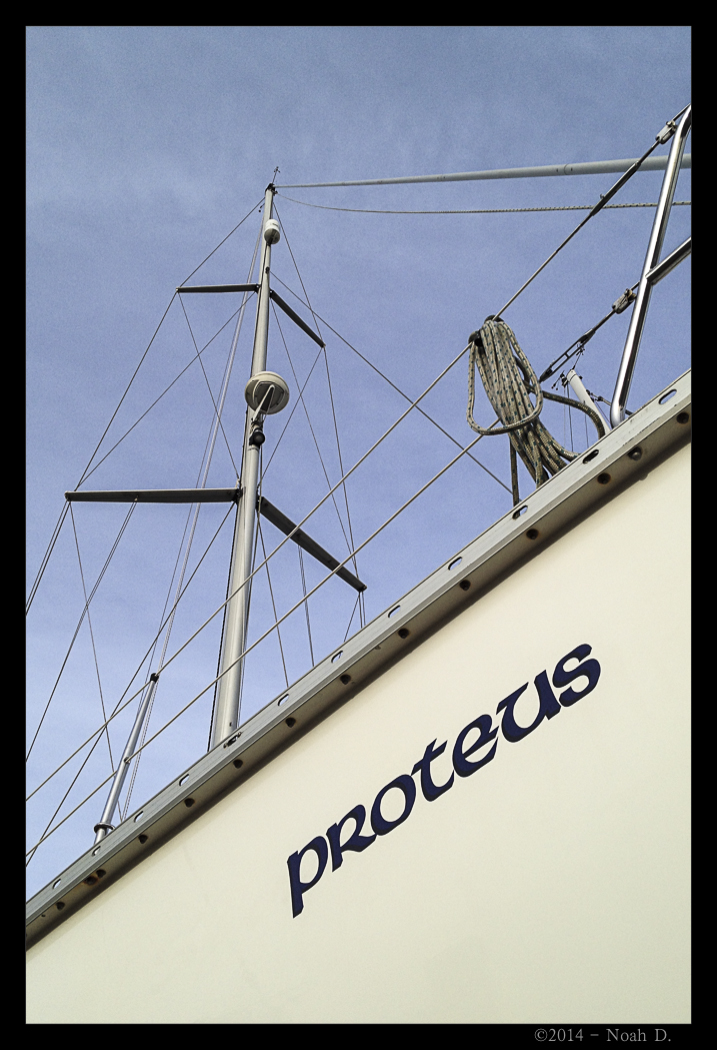
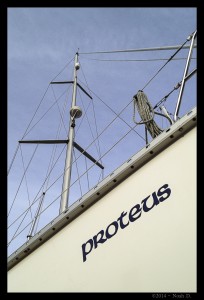
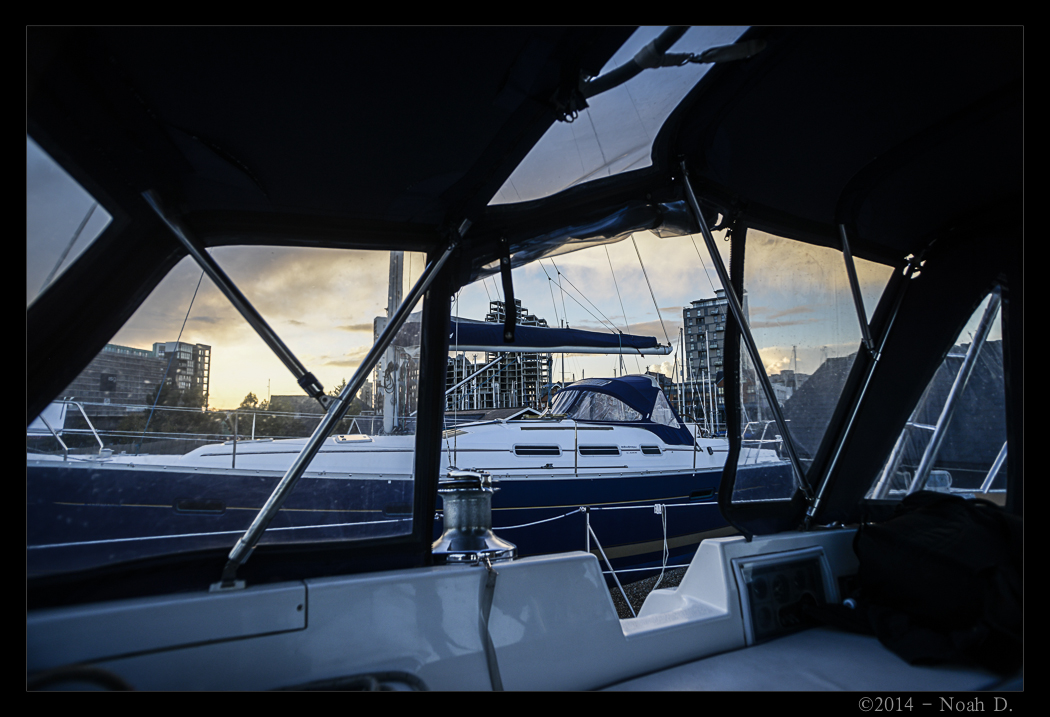
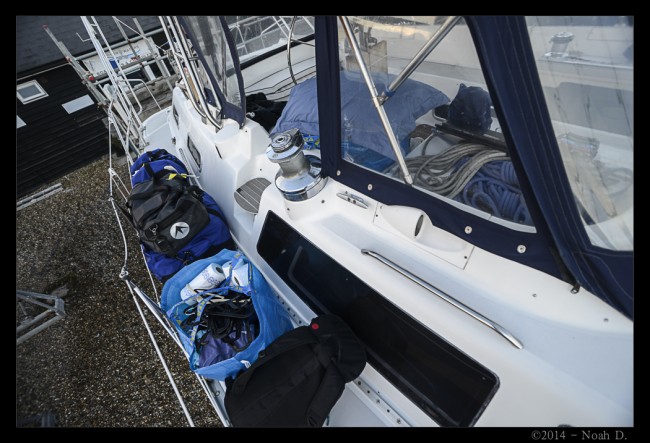
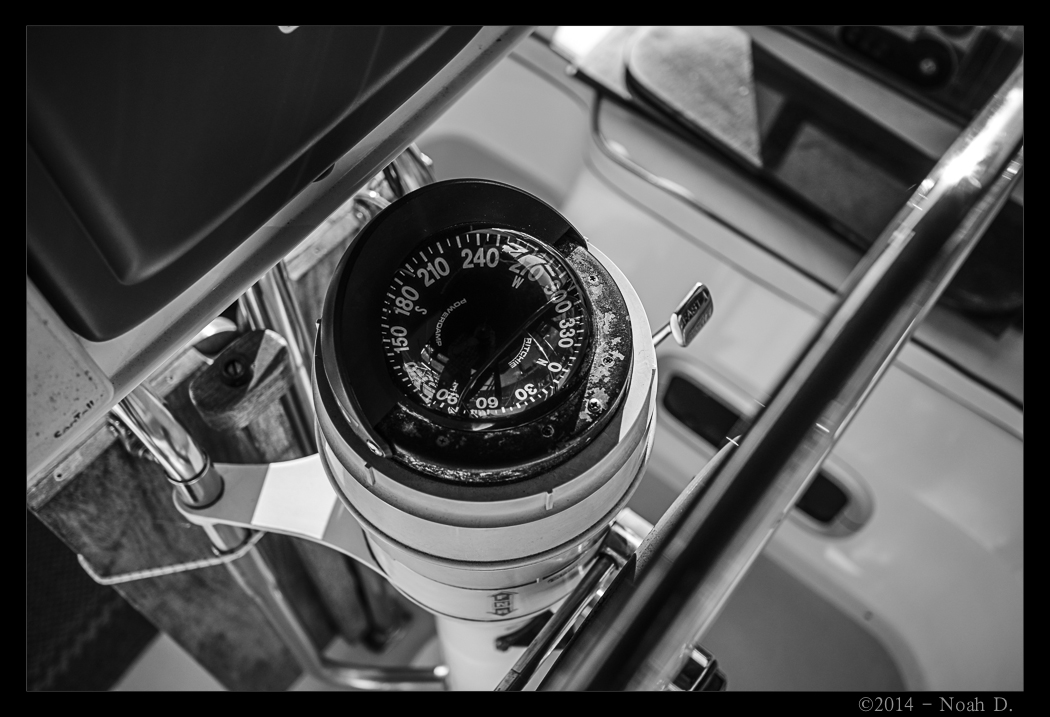
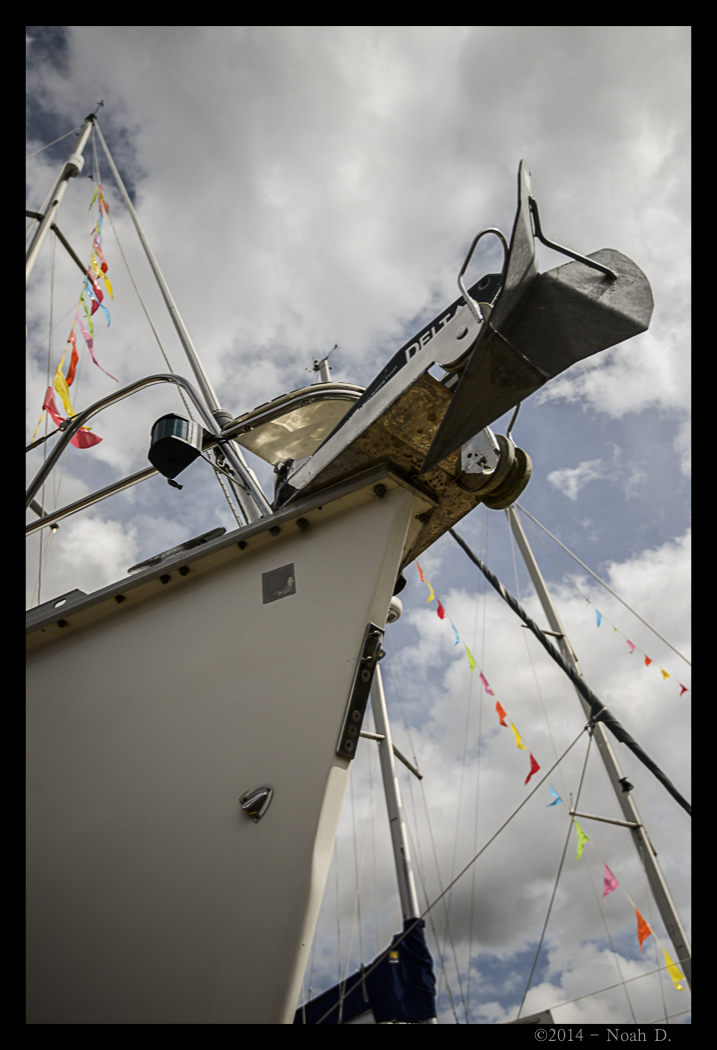
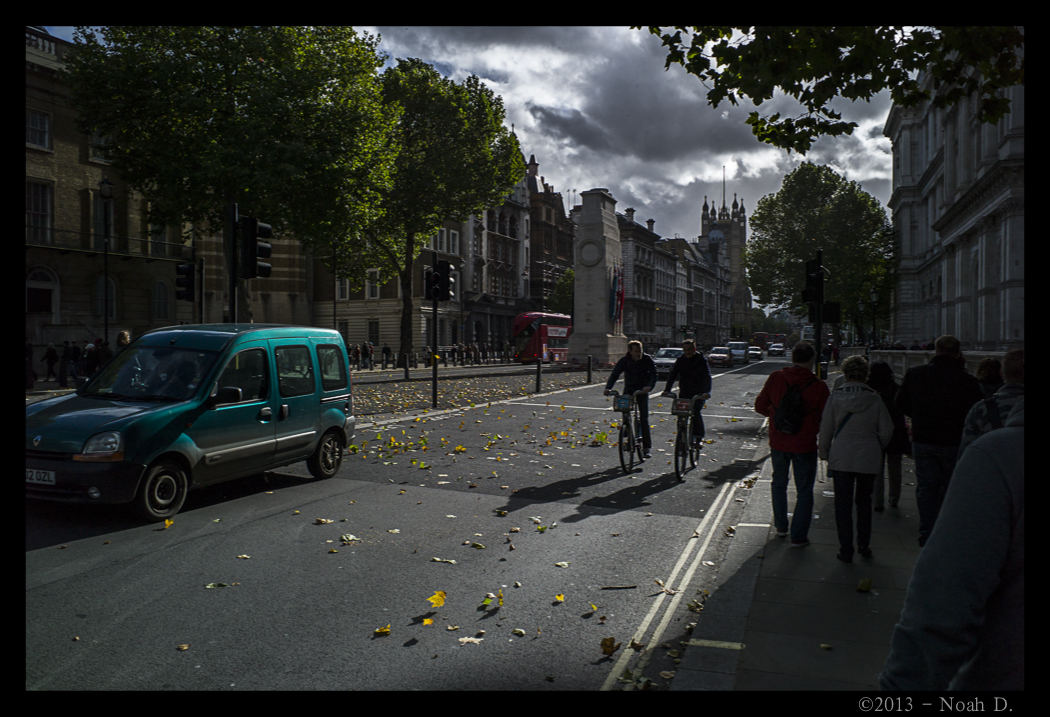

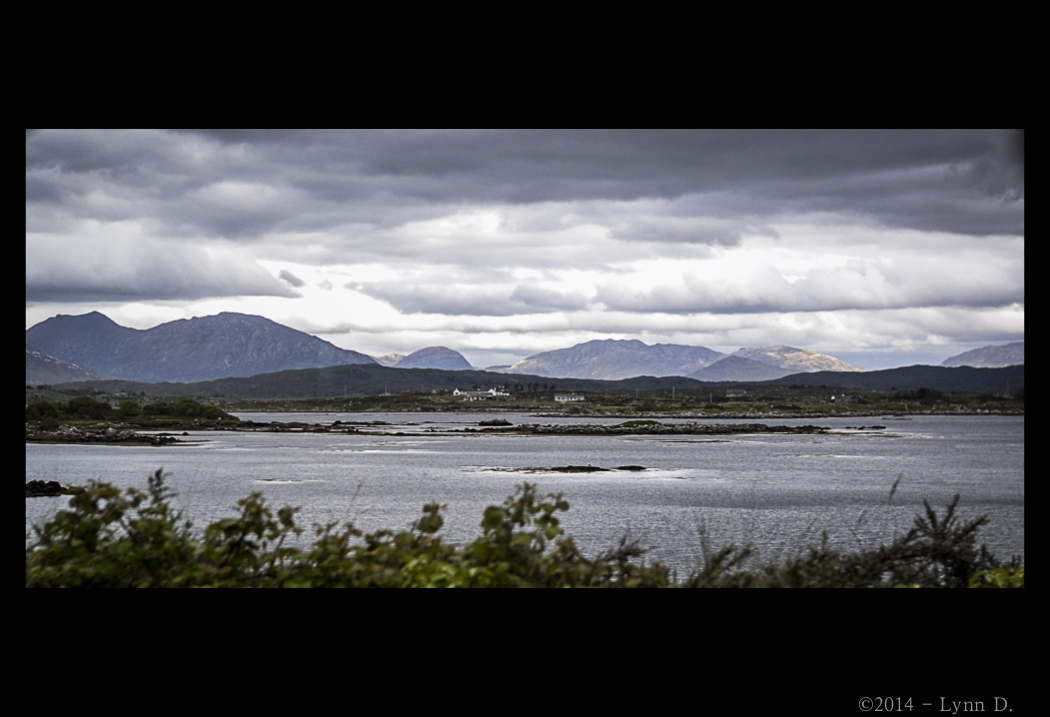
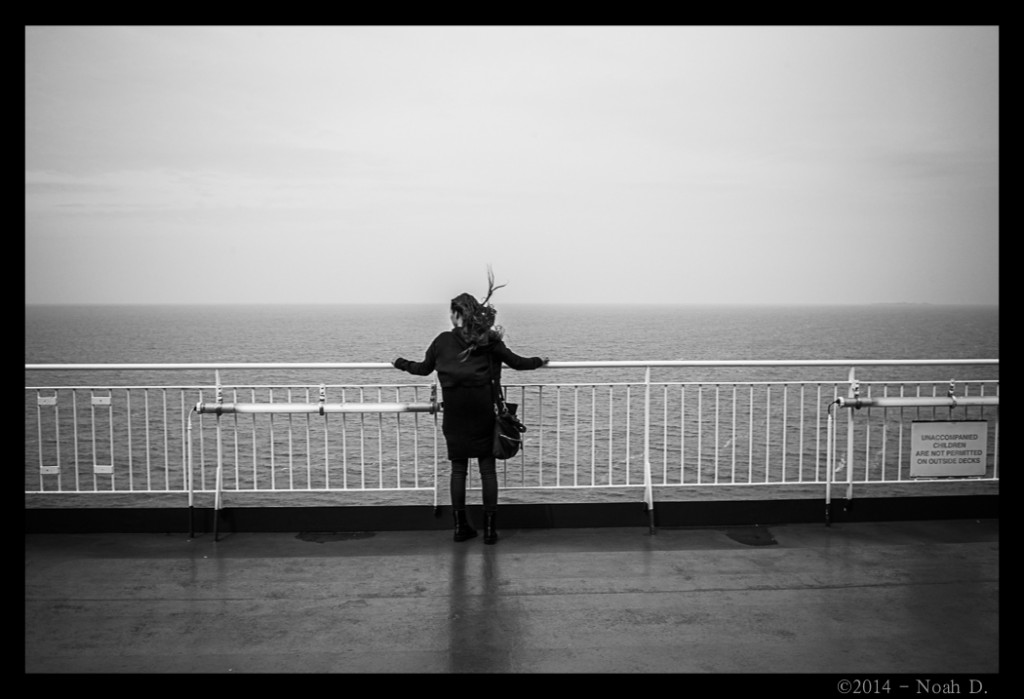

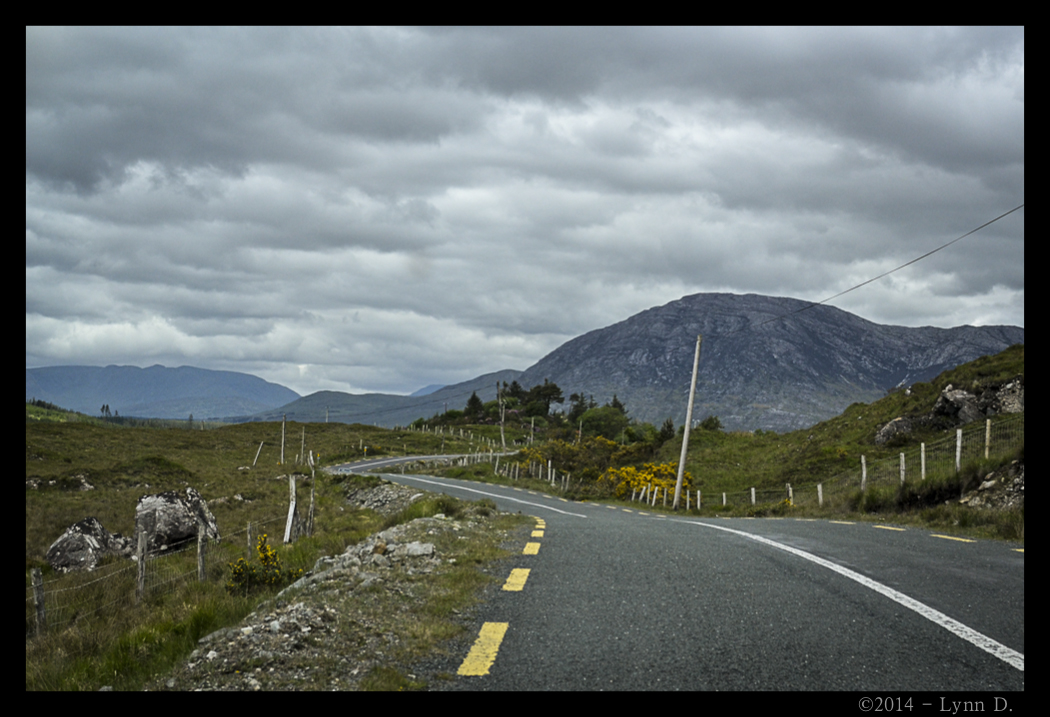


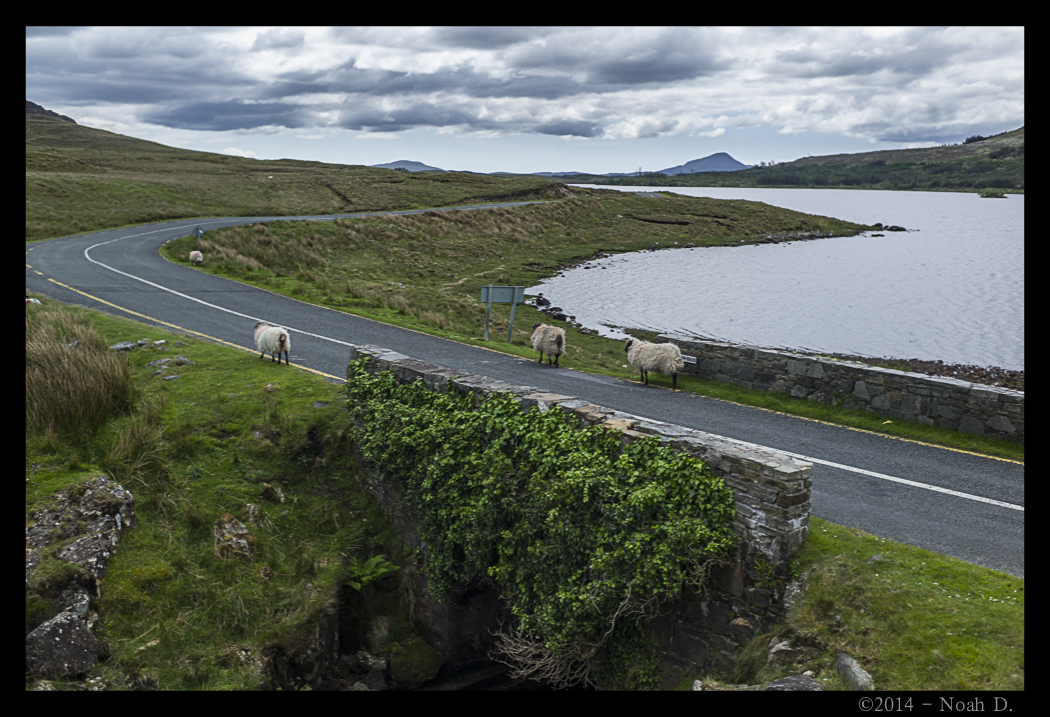

 Like the relatively insane
Like the relatively insane 

